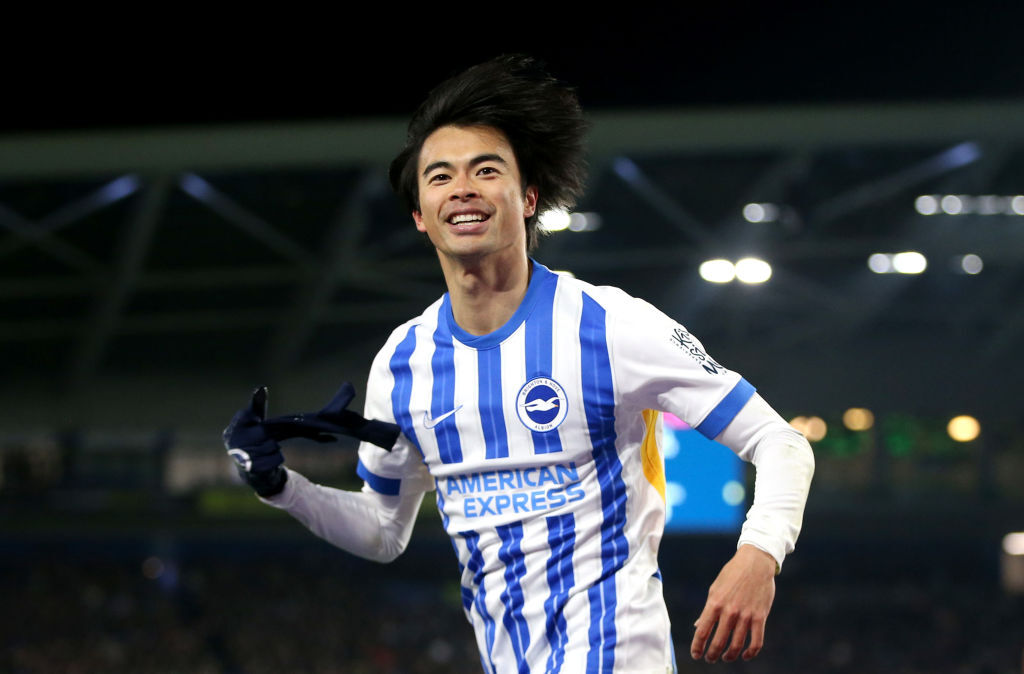The 10 most momentous FA Cup semi-finals EVER
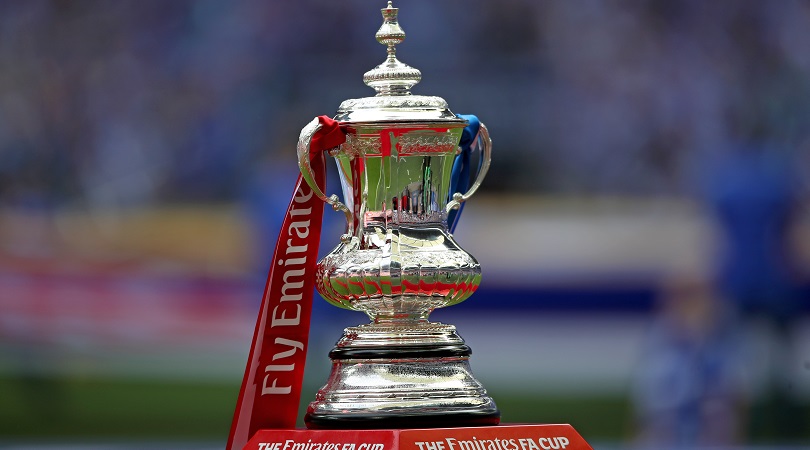
FA Cup semi-finals
The FA Cup is the oldest competition of its kind in world football, so it stands to reason that there have been numerous significant matches throughout the tournament’s history.
Ahead of this weekend’s semi-finals at Wembley, we’ve picked out 10 of the most momentous semi-finals of all time.
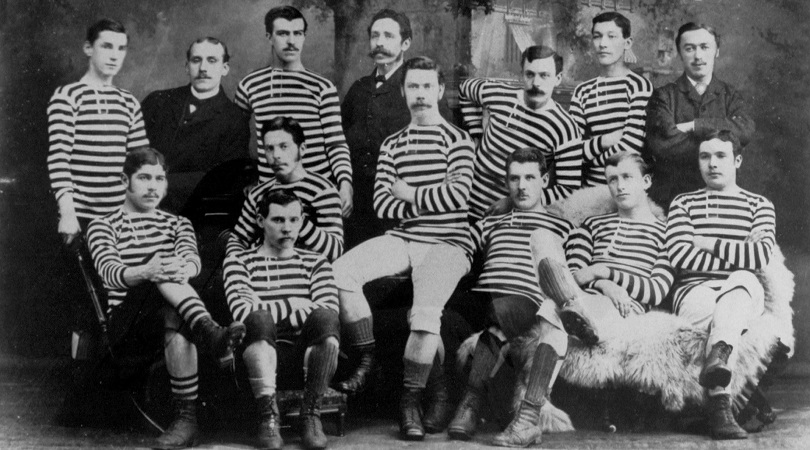
By the bye (1872)
The FA Cup's inaugural season highlighted several of the vagaries in Victorian football. Firstly, the semis and final were played at the Kennington Oval, now better known as a cricket ground.
The second semi involved Glasgow outfit Queen's Park (pictured): the Scottish FA didn’t arrive until 1873 and didn't ban its members from participation south of the border until 1877. However, Queen’s Park reached the last four without actually playing a match, thanks to withdrawals and byes.
When the Glaswegians finally faced the Wanderers, the 2,000 spectators witnessed a tight 0-0 draw. However, unable to afford the train fare for the replay, the Scots then withdrew from the competition – meaning the Wanderers, whom as their name implies didn’t officially have a home ground, received their own bye to the final.
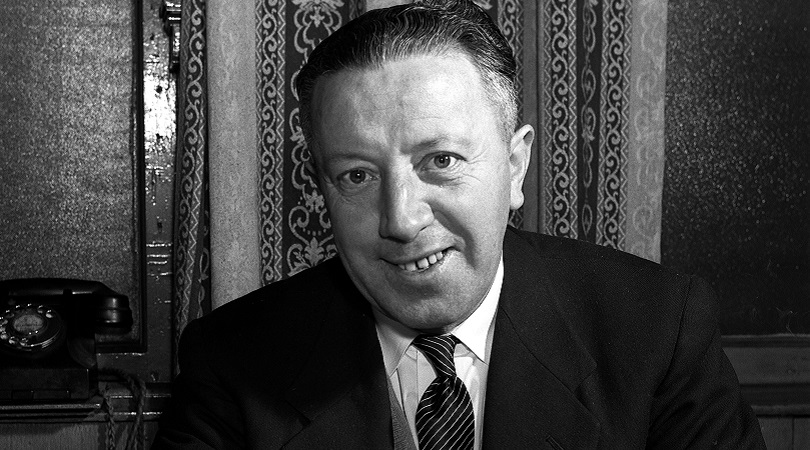
Powers of recovery (1958)
"On reflection, it's a miracle we were able to field a half-decent team in the FA Cup that year at all," recalled Manchester United coach Jimmy Murphy (pictured). Just 44 days after the Munich air crash, a patched-up Red Devils side drew their semi-final against Fulham 2-2 at Villa Park; four days later at Highbury, they somehow summoned the willpower to win the replay 5-3.
The second game, at Highbury, was a titanic battle. United led 3-0 before the Johnny Haynes-inspired Cottagers fought back to level the scores, but the Red Devils prevailed. "Of course, I'd have loved to have reached the final with Fulham," Haynes admitted, "but in light of what's happened, there can't be a football fan alive who can begrudge United getting to Wembley."
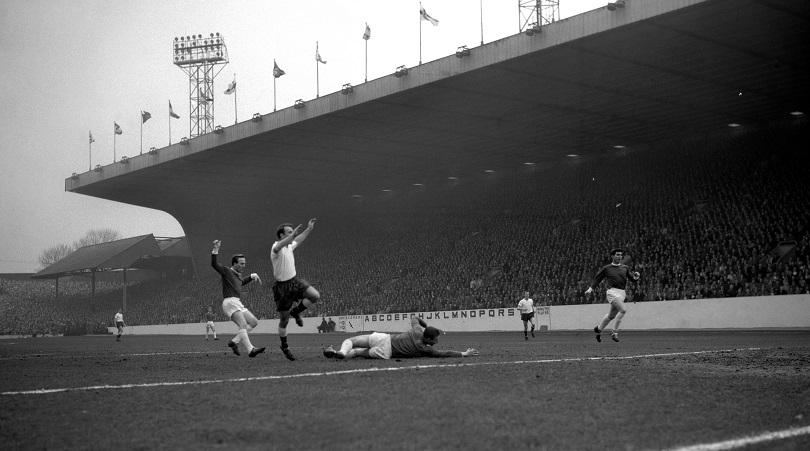
Super Spurs (1962)
"There are some in the game," spat Tottenham boss Bill Nicholson, "who claim that we're a flash-in-the-pan side and that Jimmy Greaves – in some way – has disrupted our flow." The north Londoners’ 1962 FA Cup semi-final against a re-emerging Manchester United – the side Tottenham will face on Saturday – presented the perfect chance to prove that Spurs remained the main attraction.
Fittingly, Greaves opened the scoring after just four minutes, and Cliff Jones nodded in John White’s cross to put Spurs 2-0 up at the break. Although David Herd’s late strike gave United hope, Tottenham soon settled the matter with a Terry Medwin header.
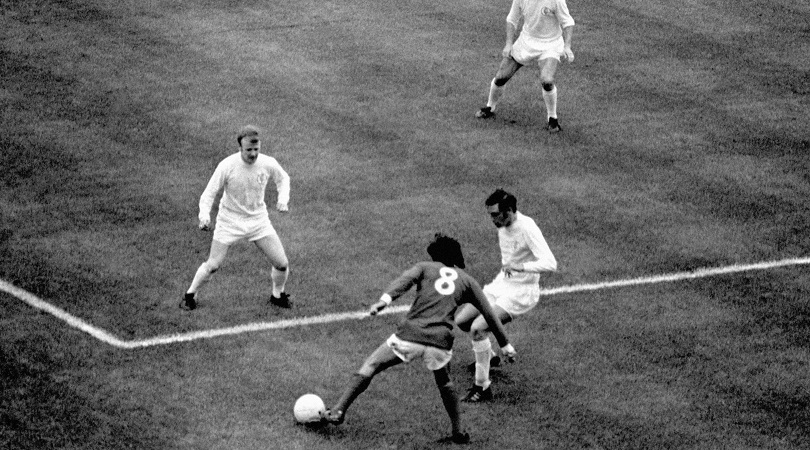
Realism 1-0 Idealism (1970)
It took Don Revie's Leeds three attempts to beat a declining Manchester United in March 1970. The reigning First Division champions finally delivered the knockout blow in an ugly second replay at Bolton’s Burnden Park, as Leeds’ midfield duo of Johnny Giles and Billy Bremner helped halt George Best, Bobby Charlton and Denis Law.
Journalist Brian Glanville later described the quality of football on show as being "largely primitive and horrendous on the eye, with quality being eclipsed by brute force and total pragmatism". His fellow writer John Arlott, meanwhile, noted that while "idealistic" managers would select Best for their teams, "the realists, to a man, would have Bremner".
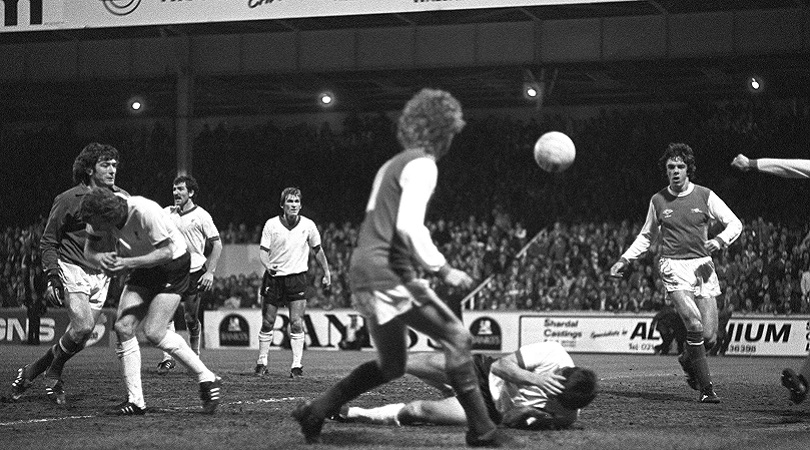
The marathon (1980)
In the FA Cup’s most drawn-out and evenly matched semi-final, Arsenal finally pipped Liverpool at Coventry's Highfield Road in the fourth match between the two sides.
"There was barely a whisker in it," explained Gunners manager Terry Neill of the marathon series between the league champions and the FA Cup holders. "Liverpool were the finest team of the day, and we were the cup specialists. There hasn't been a tie like it – before or since."
It took seven and a half hours to split the sides. After the first three games – a stalemate at Hillsborough and two 1-1s at Villa Park – each went to extra time, the fourth clash was a defensive affair decided by Brian Talbot’s early header. Liverpool went on to retain the league but never did the Double under Bob Paisley.
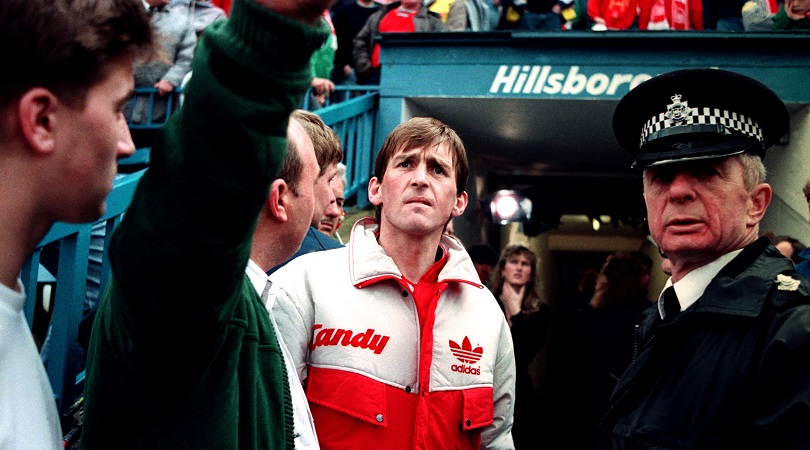
Stop the clocks (1989)
At 3:06pm on April 15, 1989, the FA Cup semi-final between Liverpool and Nottingham Forest at Hillsborough was halted when Liverpool supporters at the Leppings Lane End began to be crushed in the two central terracing pens. The ensuing tragedy, in which 96 fans lost their lives, was unquestionably the watershed moment in modern British football history.
Lord Justice Taylor’s Final Report into the recommended all sports grounds with a capacity over 10,000 be made all-seater. The subsequent regeneration and replacement of the country’s stadia, coupled with TV money largely retained by the newly formed Premier League, changed the game forever.
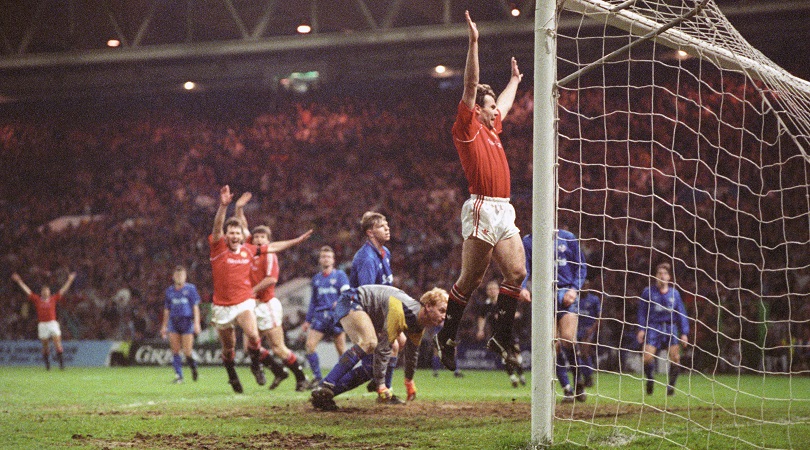
Fergie Time (1990)
Three months after their victory over Nottingham Forest in the FA Cup third round – usually described as a win-or-be-sacked game for Alex Ferguson – Manchester United faced Oldham in the last four. Defeat by the second-tier Latics might just have finished Fergie anyway – they started the match in 16th position, finishing the season in 13th – and it could easily have happened, with Oldham threatening frequently in a thrilling 3-3 draw.
Returning to Maine Road the following Wednesday, Joe Royle’s underdogs seemed to have taken an early lead again when Nick Henry’s effort bounced off the bar and over the line, but the goal was chalked off. A jittery United's nerves were only settled late in extra time when Oldham’s depleted defence allowed that man Robins to slip home the winner. The Red Devils were into the final and Ferguson was on his way to making history.
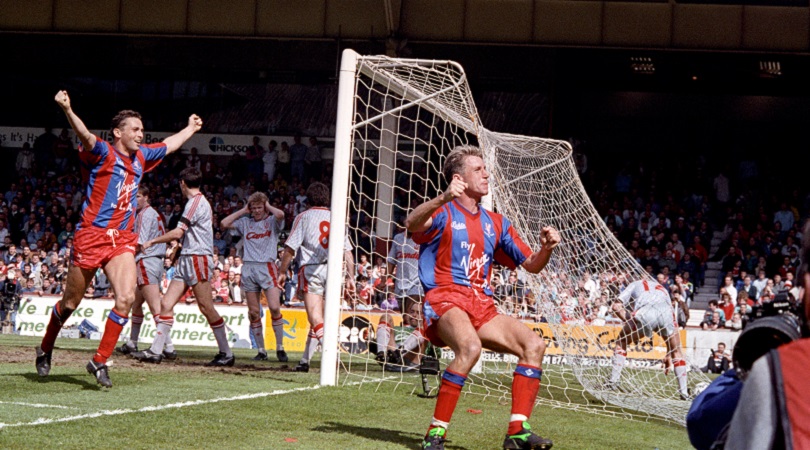
The winds of change (1990)
It all seemed so simple for champions-elect Liverpool when Ian Rush put his team 1-0 up against Crystal Palace, a side they'd thrashed 9-0 in the league a few months earlier, after 14 minutes of their Villa Park semi in April 1990. But Mark Bright and Gary O'Reilly then turned the game on its head, before Italia 90-bound John Barnes and Steve McMahon seemed to have put Liverpool in the final.
Then, Andy Gray equalised with just minutes remaining, and in extra time Palace got a highly unlikely 4-3 victory through one Alan Pardew. The result sent shockwaves around football. The winds of change were about to blow across the game, and Liverpool would soon find their perch under sustained assault from Alex Ferguson's Manchester United.
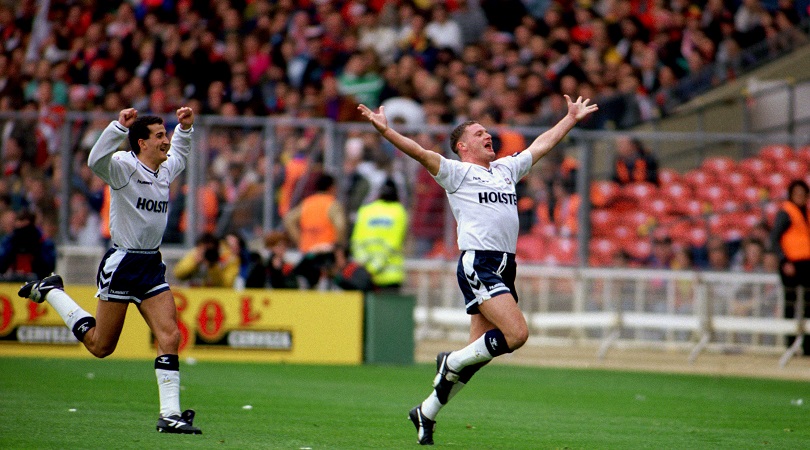
Gazzamania (1991)
Domestically at least, Gazzamania reached its height in April 1991 at the first-ever Wembley semi-final. Tottenham were underdogs against George Graham's Arsenal, but the Gunners were unable to cope with the mercurial (and only half-fit) Paul Gascoigne. The genial Geordie gave his team the lead after just five minutes with an iconic semi-final goal, a blistering 30-yard free-kick which bent beyond David Seaman.
Soon after, his intricate passing skills on the right forged a move from which Gary Lineker poked home a second after a goalmouth melee. Although Alan Smith’s header just before the break gave league-leaders Arsenal hope, another Lineker goal clinched the win – Spurs’ last to date in the FA Cup semis.
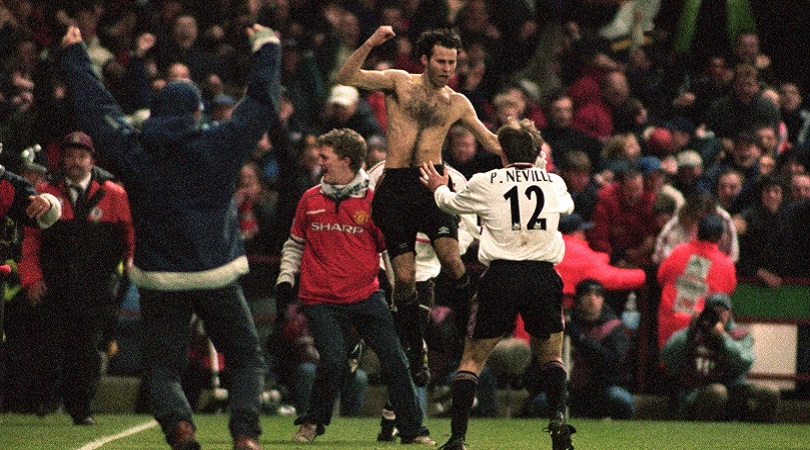
The Sliding Doors moment (1999)
"If [Dennis] Bergkamp had scored," insists Manchester United keeper Peter Schmeichel, "we wouldn't have come back from it." In the second minute of injury time, Phil Neville brought down Ray Parlour and the Dutchman was a spot-kick away from sending Arsenal to Wembley. But the Great Dane clawed away the penalty, and in extra time Ryan Giggs ripped through Arsenal's rearguard to unleash a coruscating shot past David Seaman.
Giggs’ winner gave United the impetus to push on and complete a historic season. They kept ahead of Double-holders Arsenal to snatch back the title, easily beat Newcastle at Wembley for a 10th FA Cup triumph and completed the Treble with an unforgettable Champions League win against Bayern Munich.

Greg Lea is a freelance football journalist who's filled in wherever FourFourTwo needs him since 2014. He became a Crystal Palace fan after watching a 1-0 loss to Port Vale in 1998, and once got on the scoresheet in a primary school game against Wilfried Zaha's Whitehorse Manor (an own goal in an 8-0 defeat).
